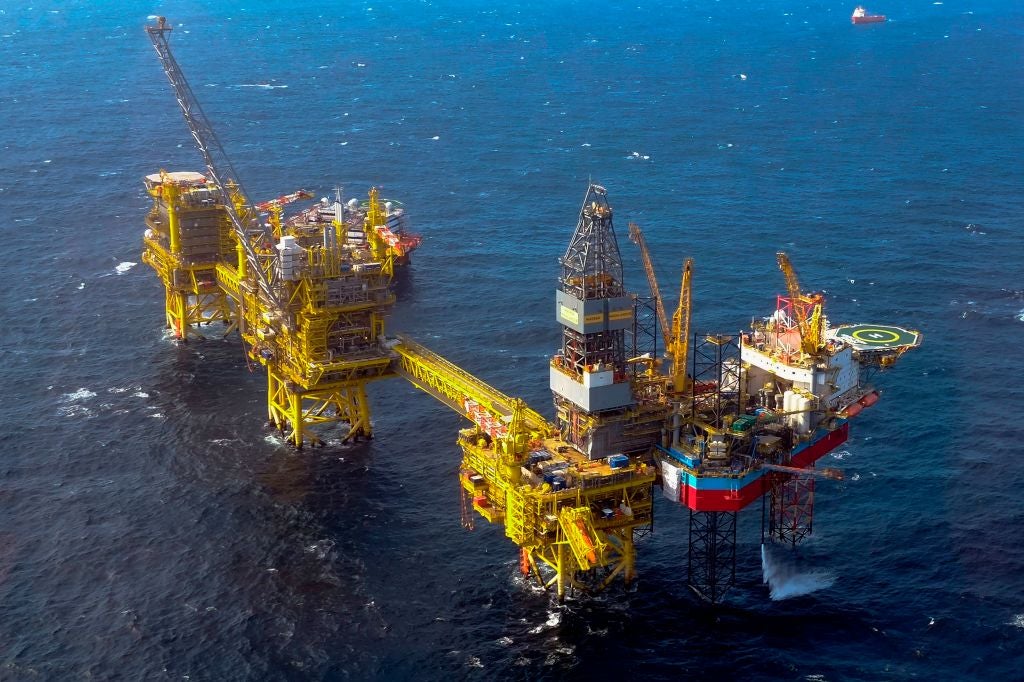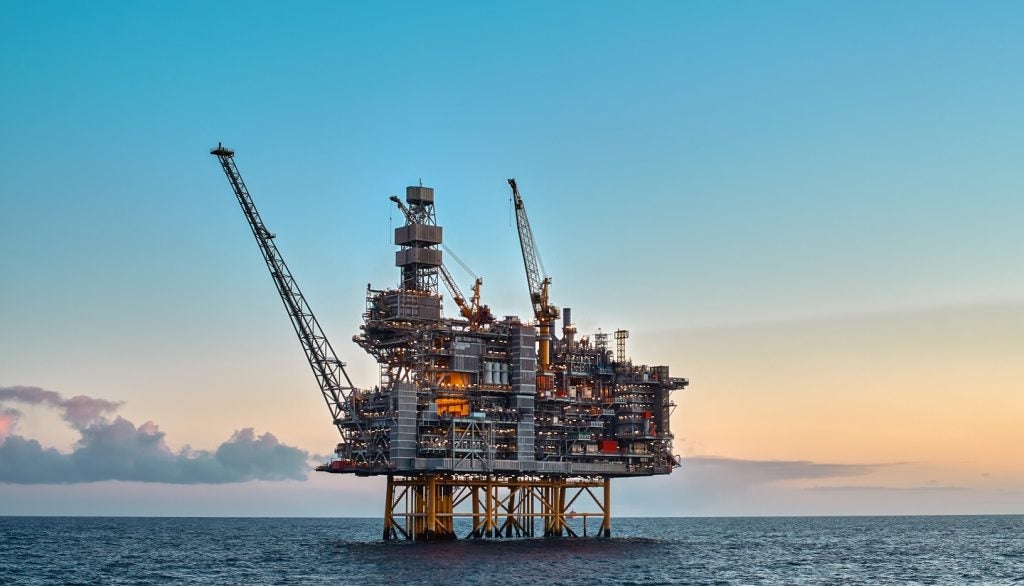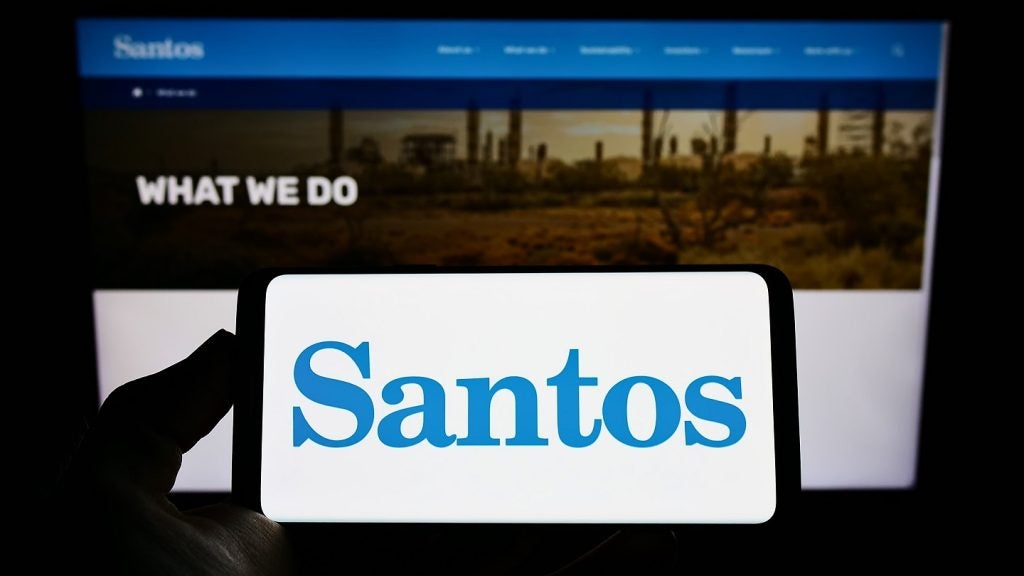The EU revealed on Monday that a salvage operation on the disabled oil tanker MV Sounion has now begun, although no time frame for completion was available.
Iran-aligned Houthi militants, who emerged in the 1990s and control large areas of Yemen, were behind the attack on the tanker.
Aspides, the EU’s military operation in charge of responding to Houthi attacks, is on site to support the recovery of the tanker.
Aspides said in a statement that "several fires" have continued to burn on the Greek-registered vessel, which was carrying more than one million barrels of crude oil. The group added there are no initial signs of an oil spill.
However, the salvage operation on the tanker is set to be difficult. If a spill did occur it has the potential to be the largest from a tanker in recorded maritime history.
Aspides explained on X (formally Twitter) that the tanker provides a "significant environmental threat" but that the salvage operation is about to begin, with private companies involved.
US news outlets have have reported that tugboats are ready to assist with the operation but would require an on-spot inspection before a decision was made to either transfer the cargo to another tanker or move the MV Sounion to a safe port.
Military officials explained on Monday that the tugboats will be provided with protection during the salvage operation.
The Houthis have reportedly been attacking commercial shipping to support Palestinians throughout the conflict between Israel and Hamas in Gaza.
The Pentagon has claimed the Iranian-backed group have attacked more than 40 commercial ships in the region over the past few months.
On Monday, a Saudi-owned crude oil tanker and a Panama-flagged oil ship were attacked in the Red Sea off Yemen, with Houthi militants now claiming responsibility.















